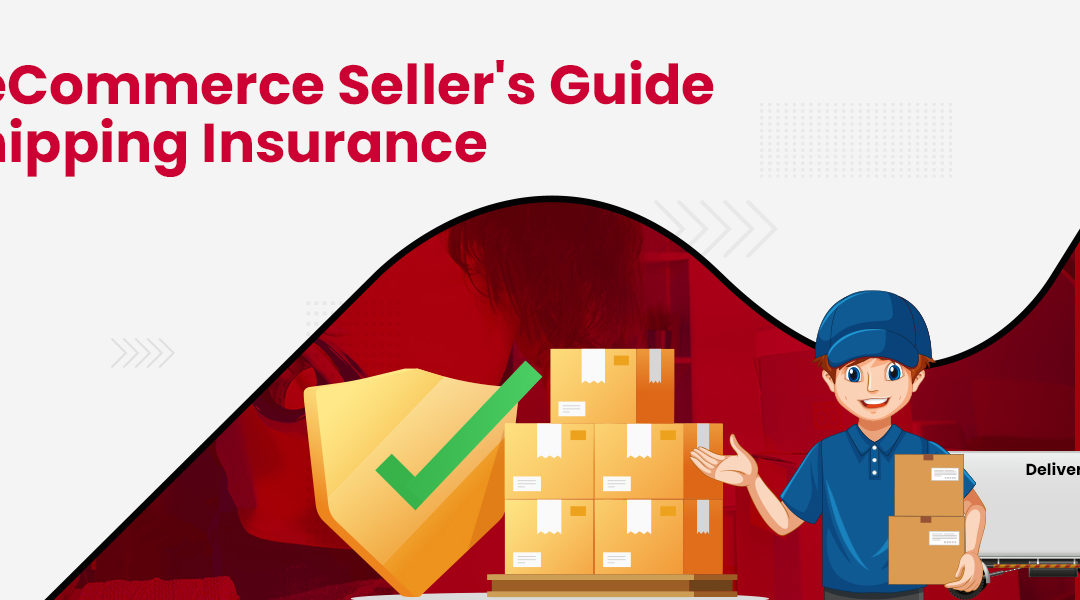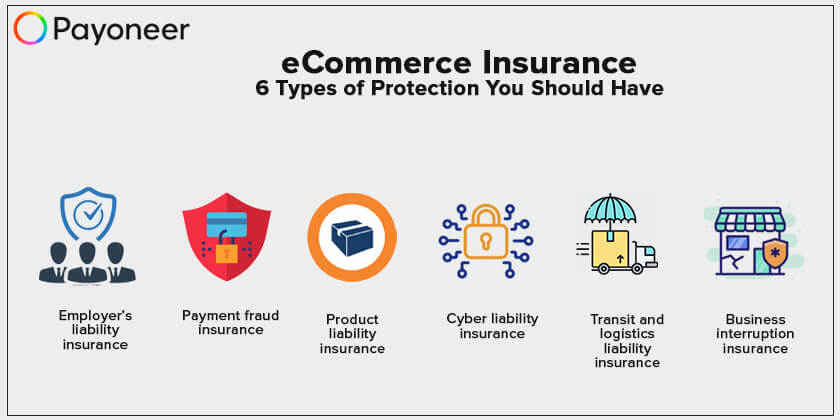Home-Based Ecommerce Store Insurance Guide: Safeguarding Your Online Business
Home-Based Ecommerce Store Insurance Guide sheds light on the importance of insurance for online businesses, providing insights into the risks, coverage needed, and factors to consider when selecting insurance policies.Explore the world of insurance for home-based ecommerce stores through this comprehensive guide, ensuring your business is protected in the ever-evolving digital landscape.
 Insurance plays a crucial role in protecting home-based ecommerce businesses from unexpected risks and liabilities. While operating an online store from home may seem low-risk, various unforeseen events can significantly impact the business. Here's why insurance is essential for home-based ecommerce stores:
Insurance plays a crucial role in protecting home-based ecommerce businesses from unexpected risks and liabilities. While operating an online store from home may seem low-risk, various unforeseen events can significantly impact the business. Here's why insurance is essential for home-based ecommerce stores:
 When selecting insurance policies for home-based ecommerce stores, there are several key factors that owners should consider to ensure adequate protection and cost-effectiveness.
When selecting insurance policies for home-based ecommerce stores, there are several key factors that owners should consider to ensure adequate protection and cost-effectiveness.
Importance of Insurance for Home-Based Ecommerce Stores
 Insurance plays a crucial role in protecting home-based ecommerce businesses from unexpected risks and liabilities. While operating an online store from home may seem low-risk, various unforeseen events can significantly impact the business. Here's why insurance is essential for home-based ecommerce stores:
Insurance plays a crucial role in protecting home-based ecommerce businesses from unexpected risks and liabilities. While operating an online store from home may seem low-risk, various unforeseen events can significantly impact the business. Here's why insurance is essential for home-based ecommerce stores:
Potential Risks Mitigated by Insurance
- Property Damage: Insurance can cover damages to your inventory, equipment, or workspace caused by fire, theft, or natural disasters.
- Liability Claims: If a customer gets injured on your property or files a lawsuit against your business, insurance can help cover legal fees and settlements.
- Cyber Attacks: With the increasing threat of cybercrimes, insurance can protect your online store from data breaches, hacking, and other cyber risks.
- Product Liability: If a product you sell causes harm to a customer, insurance can cover the costs associated with product liability claims.
Differences in Insurance Coverage for Online Stores vs. Brick-and-Mortar Businesses
Insurance coverage for online stores may differ from traditional brick-and-mortar businesses due to the unique risks associated with ecommerce. Online businesses may require specific policies such as:- Cyber Liability Insurance: Protection against data breaches and cyber threats that are more common in online transactions.
- Business Interruption Insurance: Coverage for lost income due to website downtime or other disruptions that can impact online sales.
- Shipping Insurance: Protection for goods lost or damaged during the shipping process, which is crucial for ecommerce businesses that rely on shipping.
Types of Insurance Coverage Needed for Home-Based Ecommerce Stores
When running a home-based ecommerce store, it is essential to have the right insurance coverage to protect your business from potential risks and liabilities. Here are some of the key types of insurance you should consider:General Liability Insurance
General liability insurance provides coverage for third-party bodily injury, property damage, and advertising injury claims. This type of insurance can help protect your business from lawsuits and related expenses.Product Liability Insurance
Product liability insurance is crucial for ecommerce businesses that sell physical products. It covers legal fees and damages in case a product you sell causes harm or injury to a customer. This type of insurance is essential for protecting your business from product-related liabilities.Cyber Liability Insurance
Cyber liability insurance is designed to protect your business from losses related to data breaches, cyberattacks, and other cyber threats. With the increasing number of online transactions, this type of insurance can help cover costs associated with data recovery, customer notification, and legal expenses.Business Property Insurance
Business property insurance is crucial for safeguarding your inventory, equipment, and other business assets. In the event of theft, fire, or other covered disasters, this insurance can help cover the cost of repairing or replacing your business property. It is important to protect your physical assets to ensure the continuity of your ecommerce operations.Factors to Consider When Choosing Insurance for Home-Based Ecommerce Stores
 When selecting insurance policies for home-based ecommerce stores, there are several key factors that owners should consider to ensure adequate protection and cost-effectiveness.
When selecting insurance policies for home-based ecommerce stores, there are several key factors that owners should consider to ensure adequate protection and cost-effectiveness.
Comparison of Different Insurance Providers and Offerings
- Research and compare various insurance providers that specialize in coverage for online businesses.
- Look into the specific offerings and packages tailored for home-based ecommerce stores.
- Consider the reputation and financial stability of the insurance companies to ensure reliability.
Impact of Coverage Limits, Deductibles, and Premiums
- Understand the coverage limits of the insurance policies and ensure they align with the value of your business assets.
- Evaluate the deductibles associated with the policies and choose an amount that is manageable for your budget.
- Compare premiums from different providers and consider the balance between cost and level of protection.
Steps to Take in Case of Insurance Claims for Home-Based Ecommerce Stores
When facing a situation that requires filing an insurance claim for your home-based ecommerce store, there are several important steps to follow to ensure a smooth and successful process. From documenting losses to communicating effectively with insurance companies, each step plays a crucial role in getting the support you need.Here is a guide on how to navigate the insurance claim process for home-based ecommerce stores:Documenting Losses, Damages, or Incidents
- Immediately document the details of the incident, including the date, time, and cause of the loss or damage.
- Take photographs or videos of the affected areas or items to provide visual evidence to support your claim.
- Keep all receipts, invoices, and relevant documents related to the incident, including any repair estimates or replacement costs.
- Make a detailed inventory of the items that have been lost or damaged, including their value and purchase details.
Communicating with Insurance Companies
- Contact your insurance company as soon as possible to initiate the claims process and provide them with all the necessary information.
- Be honest and transparent when communicating with the insurance company about the incident and the extent of the damages or losses.
- Follow up regularly with the insurance company to ensure that your claim is being processed and address any additional information they may require.
Adjusting Claims for a Smooth Process
- Work with the insurance adjuster to assess the damages and losses accurately and provide any additional information or documentation they may need.
- Review the terms and coverage of your insurance policy to understand the extent of your protection and ensure that you are receiving the compensation you are entitled to.
- Stay organized and keep records of all communication and documentation related to your claim to track the progress and resolve any potential issues promptly.